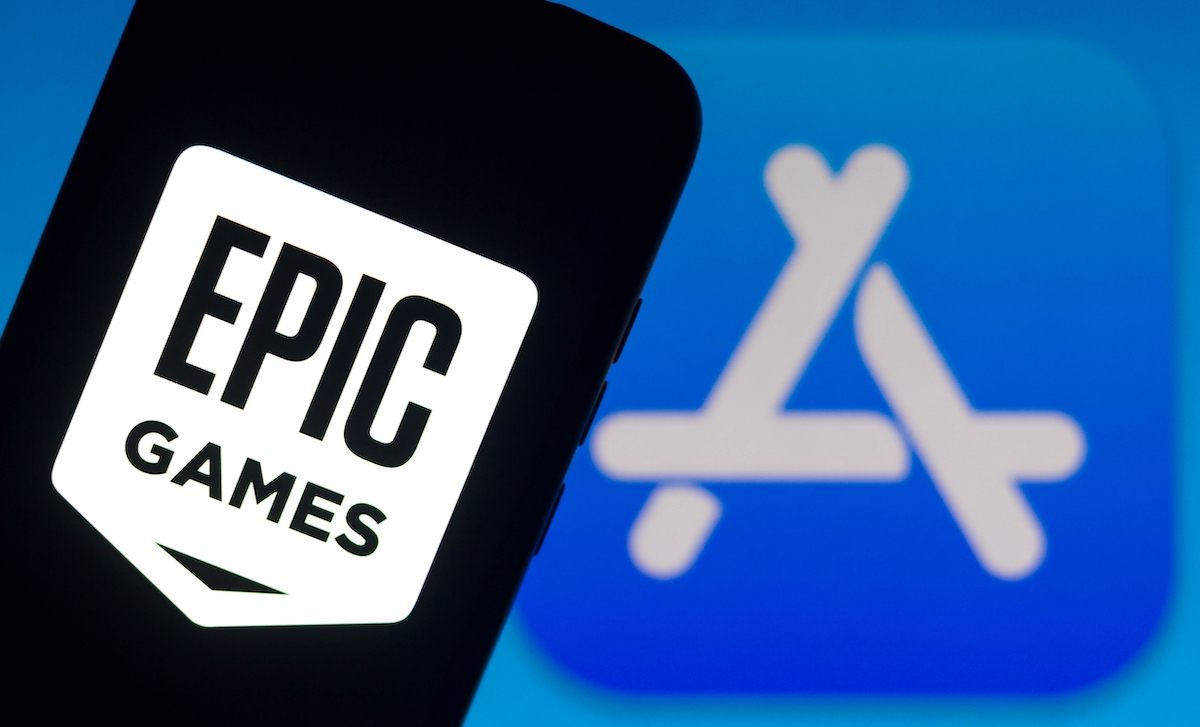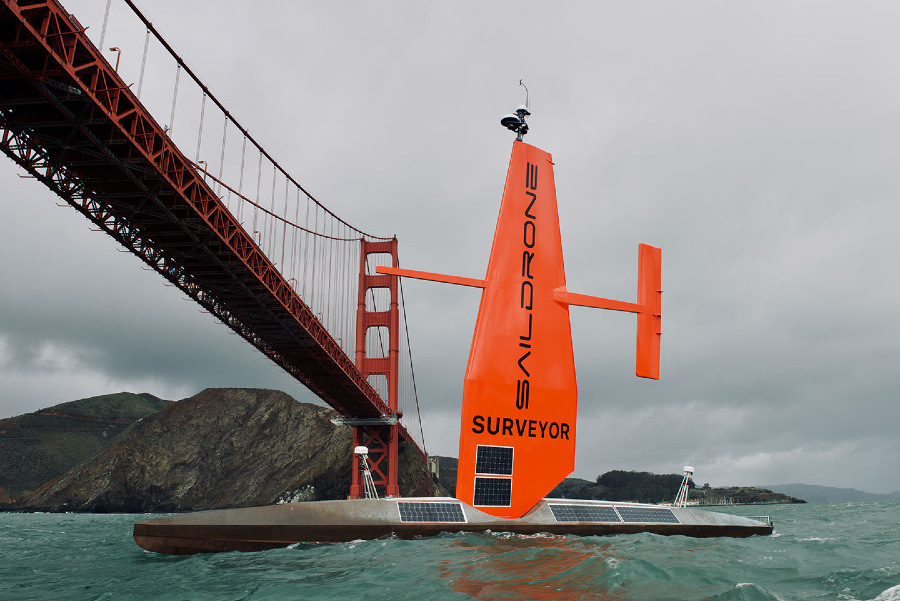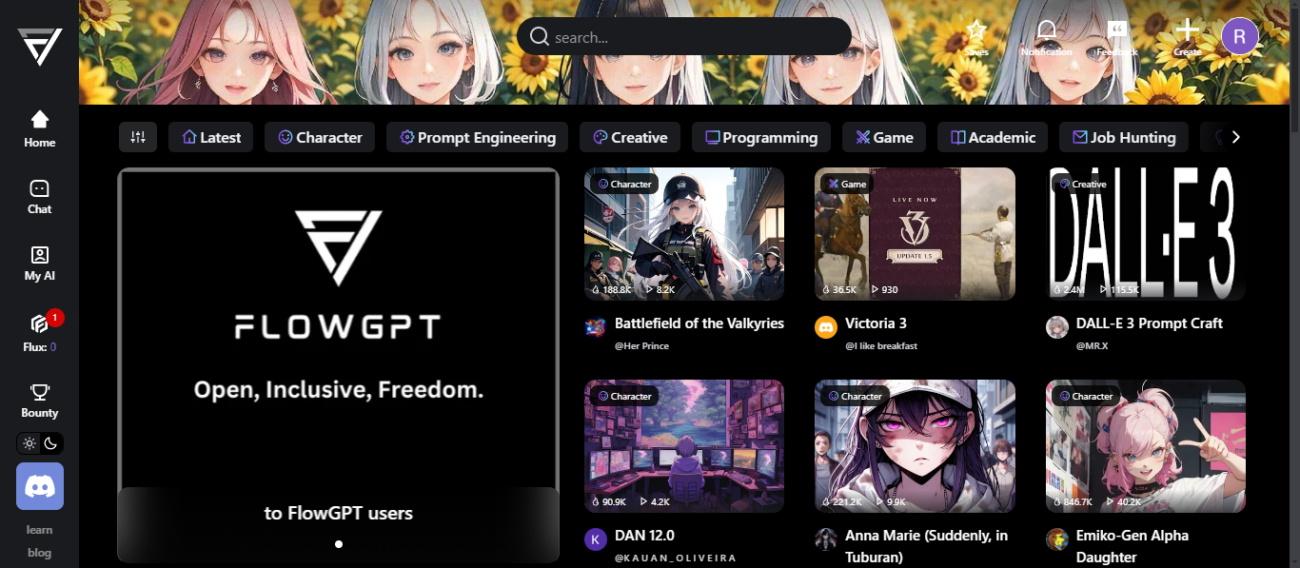News
Rivian Launch the New R2 & R3 EV with Big Apple-esque “One More Thing” Announcement
Rivian recently made a surprise announcement at an event primarily focused on its new R2 SUV, unveiling an all-electric hatchback called the R3. This “one more thing” reveal, reminiscent of Apple’s keynote style, introduces Rivian to the smaller EV market, a space currently dominated by Tesla.
Saildrone, The First Aluminum Surveyor Autonomous Vessel Makes a Splash for Navy Testing
Saildrone has launched the first of its new generation of Surveyor autonomous vessels, an aluminum version that the Navy is interested in utilizing. However, these vessels are not being armed.
Founder and CEO Richard Jenkins stated that the demand for vessels like Saildrone’s is increasing. He believes that ocean observing will continue to grow in size, complexity, and quality, with aerial, surface, and subsurface technologies all playing a role.
Waymo to Launch Autonomous Vehicle in Austin, Texas
Starting tomorrow, Waymo will allow its autonomous vehicles to operate in Austin without a safety operator behind the wheel, a significant milestone before the company opens the program to the public.
Meet Punkt, the New Minimalist Smartphone for You
Punkt made a name for itself with minimalist phones focused on voice and text. Now, they’ve launched their first smartphone, the MC02, blending utility, privacy, and minimalism. While Apple and Google dominate the market, challengers like Punkt offer alternatives for those seeking a different digital experience.
Jensen Huang, Nvidia CEO Suggests the ‘Death of Coding’ — Says AI Will do Most of the Work
Meta’s ‘Consent or Pay’ Approach to Data Collection in the EU is Facing New Accusations of Privacy Coercion.
Meta faced backlash last year for its controversial decision in the European Union to introduce a paid ad-free subscription for Facebook and Instagram. Users were required to agree to being tracked and profiled for ad targeting or pay a monthly fee for an ad-free experience. This move has sparked complaints from consumer rights groups, who argue that it violates EU data protection rules.
Apple Says No to Autonomous Vehicles, Laying Off the Development Team
Apple has decided to halt its long-standing project to develop an autonomous electric car, with executives informing the team in a brief meeting on Tuesday morning. The company is expected to let go of hundreds of employees from the project team, and all work on the initiative has been stopped, according to sources.
Meet FlowGPT, the App Store for Generative AI
A few months ago, OpenAI launched the GPT Store, a marketplace where people can create and list AI-powered chatbots customized to perform a number of tasks (e.g., coding, answering trivia questions). The GPT Store is powerful, but using it requires using OpenAI’s models exclusively, which some creators and users are opposed to doing.
In response, startups like FlowGPT are emerging as alternatives. FlowGPT aims to be an “app store” for generative AI models, including Google’s Gemini, Anthropic’s Claude, Meta’s Llama 2, and OpenAI’s DALL-E 3, as well as front-end experiences for those models. Through FlowGPT, users can build their own GenAI-powered apps and make them publicly available, earning tips for their contributions.
Meet the Founders
Co-founded by Jay Dang, a UC Berkeley computer science dropout, and Lifan Wang, a former engineering manager at Amazon, FlowGPT was born out of a desire to create a platform where people could quickly create and share GenAI apps. Dang describes FlowGPT as an “ecosystem” for GenAI-powered apps, providing infrastructure, creator tools, a marketplace, and a community for users and creators. Users get a feed of apps and collections recommended to them based on categories like “Creative,” “Programming,” “Game,” and “Academic,” while creators have options for customizing the behavior and appearance of their apps.
Interaction with GenAI apps on FlowGPT is through a chat window similar to ChatGPT, with options to type prompts, rate apps, share conversations, and tip creators. Each app comes with a description, creation date, usage statistics, and the recommended model to power it.
Challenges Ahead
However, FlowGPT heavily relies on ChatGPT, and many apps break when the model is switched from the default. This can be due to the selected model’s capabilities or running up against its filters and safeguards. Some of FlowGPT’s popular apps are jailbreaks designed to circumvent models’ safety measures, potentially causing harm. FlowGPT offers a toggle for “sensitive content” and allows users to report offensive apps, but moderation is a challenge, and the effectiveness of the toggle is questionable.
Despite these challenges, investors like Goodwater see potential in FlowGPT, leading a $10 million “pre-Series A” round. Goodwater partner Coddy Johnson believes FlowGPT is leading the way in GenAI by offering choice, flexibility, and freedom to both users and creators.
What’s Next
Dang acknowledges the need for improvement, stating that FlowGPT is committed to ethical practices and public safety. The company is proactively engaging with experts in AI ethics to develop strategies to minimize risks associated with AI deployment.
Currently, FlowGPT is not revenue-generating but is beta-testing apps for Android and iOS, revamping the FlowGPT experience for mobile, working on a revenue-sharing model for app creators, and expanding its team. Dang believes FlowGPT is setting a new standard for immersion in AI-driven environments, offering a world where creativity knows no bounds, and remains committed to cultivating a more open and creator-focused platform.











